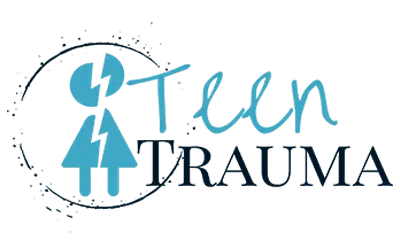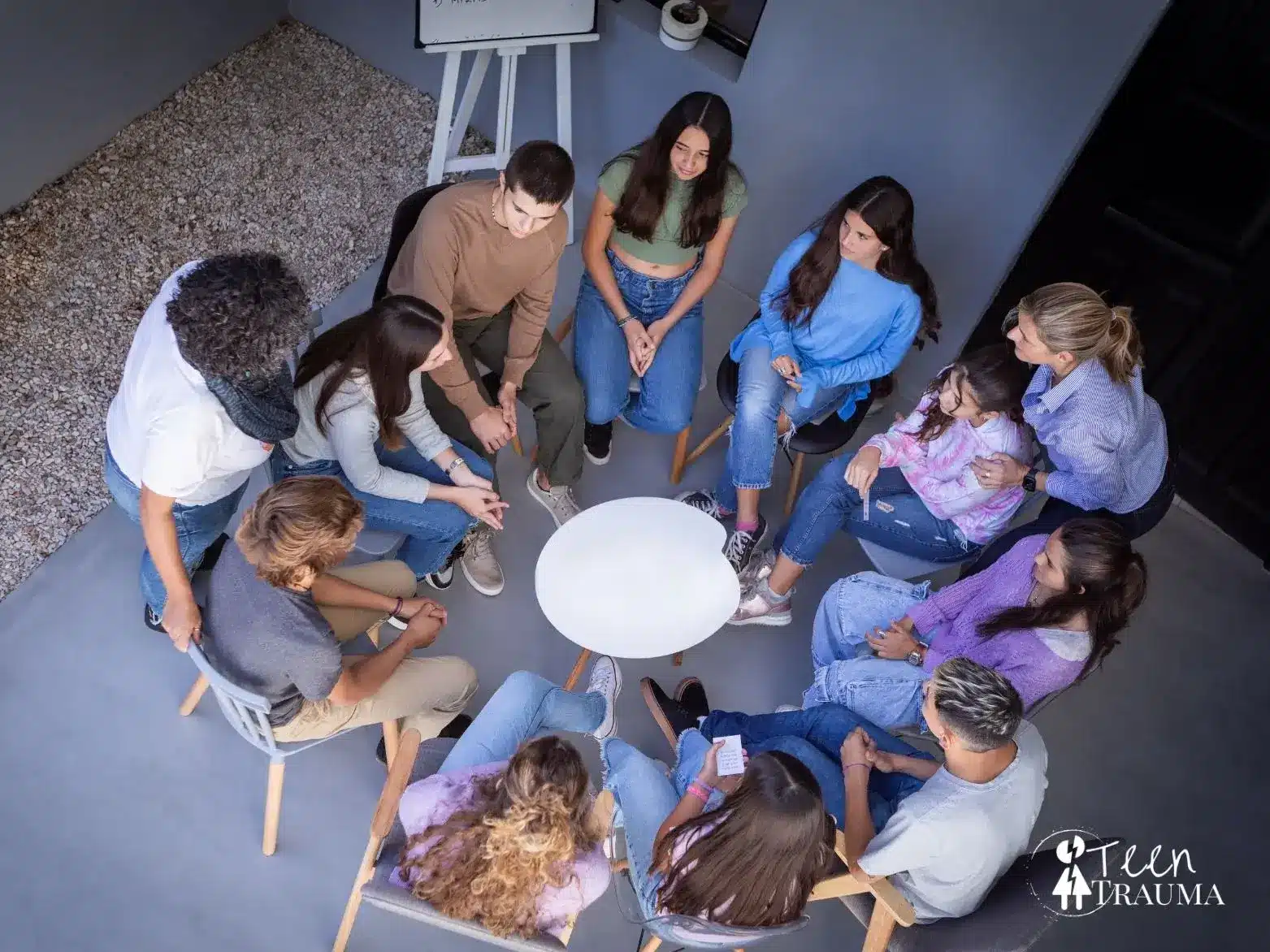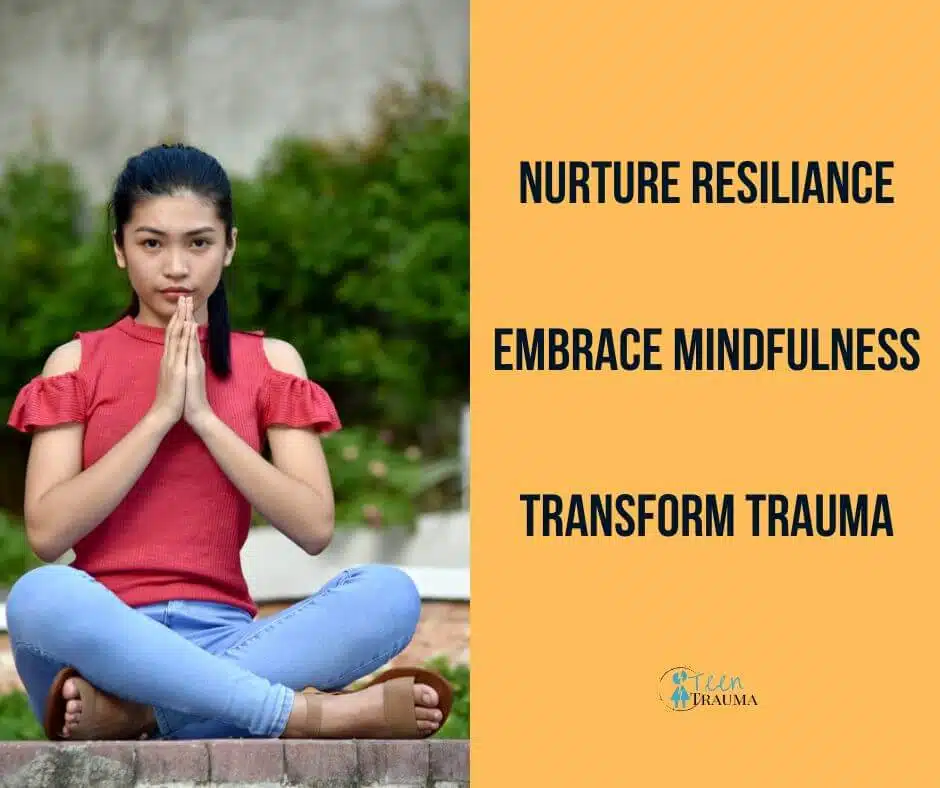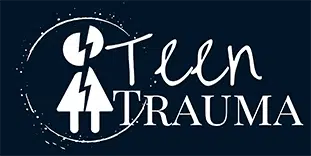Adverse childhood experiences are traumatic events that take place in childhood. As many as one in every eight adults carries the weight of these events in their past. These childhood traumas have long-lasting impacts that follow people into adulthood. Fortunately, there is help available, but you must understand these impacts before you can get the appropriate support.
Childhood Trauma Effects on Well-Being Last Well Into Adulthood
The problem with childhood trauma is not just its effect on the child at the time of the event. Childhood trauma has lasting effects that can follow someone into adulthood. When a child experiences abuse or neglect, their brain development can be stunted, leading to problems like low self-esteem, depression, and anxiety.
In addition, children who suffer physical or sexual abuse or neglect also have additional adverse childhood experiences, such as watching a parent deal with substance abuse, and that can increase the effects of the trauma on the brain.
Because childhood trauma directly affects the brain, the effects continue into adulthood. For this reason, treating many adults suffering from mental health concerns starts with finding the source of their childhood trauma and treating that.
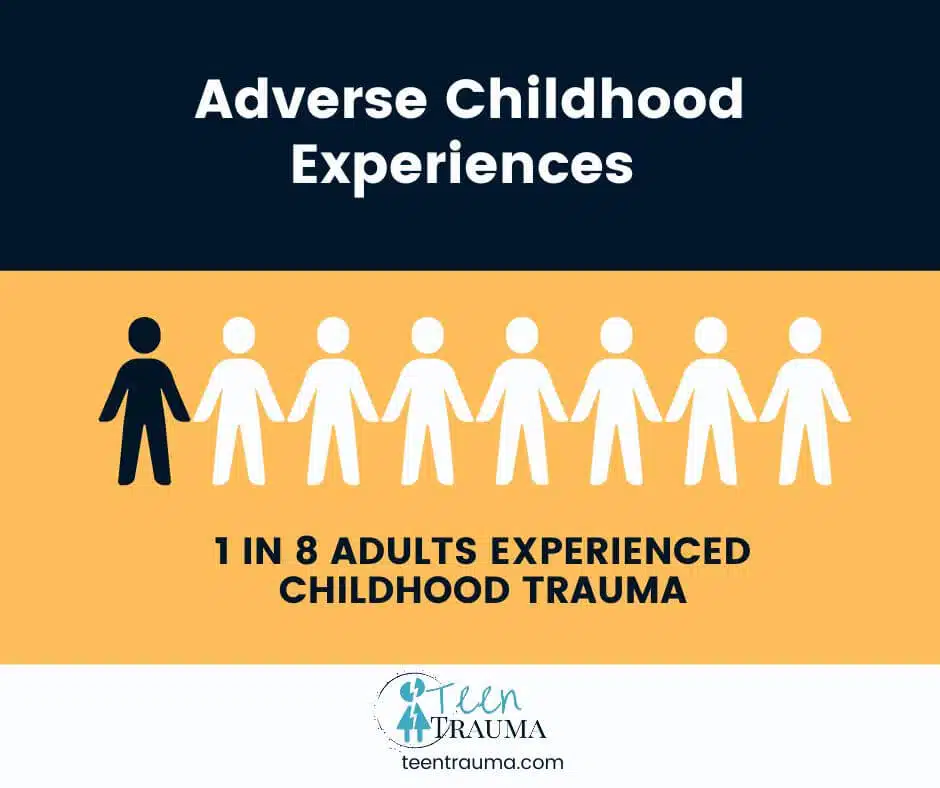
Share
How Stress Reactions, PTSD and Childhood Trauma Are Linked
One way that childhood traumatic events seem to affect adults is through stress reactions. Adults who have suffered trauma in childhood may react more adversely to stress than those who did not.
These individuals may turn to food, substance abuse, and similar negative behaviors as a coping mechanism when faced with a stressful situation. The strong emotions tied to their trauma can make it challenging to manage stress.
Post Traumatic stress disorder or PTSD, is another way childhood trauma can manifest in adults. Sometimes, these individuals will experience flashbacks to their traumatic event that manifest as a flood of emotion rather than an actual flashback of the event.
This lack of specific memory can make pinpointing the cause of PTSD challenging because the person will not be able to fully remember the traumatic event but will have many of the physical symptoms of PTSD when triggered.
Childhood Trauma Impacts Adult Mental Health and Well-Being
While difficulty managing stress and suffering from PTSD are common, these are just some of the ways childhood trauma impacts adults. Mental health and overall well-being are impacted as well. Some signs you may notice include:
-
- Mysterious chronic illnesses with no obvious cause, including weight problems, diabetes, and even cancer, due to the sudden burst of stress hormones
- Memory loss and repression, specifically of the trauma
- Challenges building healthy relationships as an adult
- Avoidance behaviors regarding stressful situations, healthy attachments, and other normal adult activities.
- Difficulties processing emotions and emotional triggers of all types, even positive emotions
- Increased risk for depression and anxiety
If you notice these signs and symptoms and do not know a traumatic stress event you recently suffered, consider seeking professional help. There may be childhood trauma affecting you.
Childhood trauma can cast a long shadow on one's well-being, shaping responses to stress and fostering lasting emotional challenges. Understanding its hidden impact is key to unraveling the complexities of mental health.
John Baisden
Treating Traumatic Stress Through Cognitive Behavioral Therapy
If you suspect you are suffering from childhood trauma effects, cognitive behavioral therapy can be an excellent option to heal the trauma. Specifically, trauma-informed cognitive behavioral therapy can give you the tools to cope with stressors and learn to change your thoughts, beliefs, and behaviors to improve your well-being and overall quality of life.
Through trauma-informed CBT, you can learn to understand your trauma, define what happened, and find new meaning from your experience. By working through these experiences, you can learn how to respond to emotional triggers or memories in a healthier manner.
One of the reasons childhood trauma has such a strong impact on your mental health as an adult is the lack of control you had when experiencing trauma as a kid. CBT gives you problem-solving skills you can use to regain your control over emotional and physical reactions to stress.
This, in turn, teaches you to trust your body. In addition, you learn the techniques you need to calm panic responses in the body. Over time, these new habits can actually heal some of the damage your brain has experienced in response to trauma.
Trauma-informed CBT is quite effective at reducing the effects of childhood trauma on adults. It can be used with or without medication, and the rate of relapse is usually much lower if the individual completes a CBT program that has a trauma-informed focus.
Additional Therapy Options for Childhood Trauma
While CBT with a trauma-informed focus is one of the top ways to deal with the stress reactions and childhood trauma effects of adverse childhood experiences, there are other therapies to consider. These include:
- Eye movement desensitization and reprocessing (EMDR) – This therapy uses eye movements to re-pattern the brain and its response to trauma.
- Narrative exposure therapy (NET) – This therapy creates an autobiographical context around the trauma.
- Exposure therapy – This process uses a trained therapist to help individuals confront their trauma in a safe environment over time.
- Art therapy – Many people can effectively use painting, coloring, drawing, collage, and sculpture to address their trauma.
Share
Self-Care to Manage Trauma and Stress and Enhance Your Well-Being
In addition to getting cognitive behavioral therapy to address your trauma, consider focusing on your personal self-care as a way to manage stress and reduce the effects of trauma on your life. Remember, the long-term impact of traumatic stress takes time to heal, and you need to make sure you are giving yourself the right care as you do. Here are some tips to help.
1. Prioritize Rest
Once you realize you are dealing with trauma, you need to realize that you need rest. Make sure you get enough sleep, and look for ways to reduce your workload as you heal your trauma to give your brain rest.
2. Journal
Have a journal where you can write down the things that are bothering you when they come to mind. Sometimes, getting them on paper will help you reduce the impact of stress at the moment. With childhood trauma, journaling could give you a space to write down memories when they show up, and you can use the journal to talk through the trauma with your therapist.
3. Exercise
Exercise releases healthy endorphins that can reduce the effects of trauma. Be careful not to overdo exercise, but work some mild exercise into your daily routines.
4. Find Hobbies
Finally, find a hobby that you like. Your brain needs something positive to focus on. It may take time to discover a hobby you enjoy, so take some time to explore several options.
Childhood trauma has long-term impacts, but it can be overcome. With the right professional therapy and personal care, you can heal and learn to respond to stress in a healthy manner.
